Grocery Guides
Tatsoi – All You Need to Know | Instacart Guide to Fresh Produce
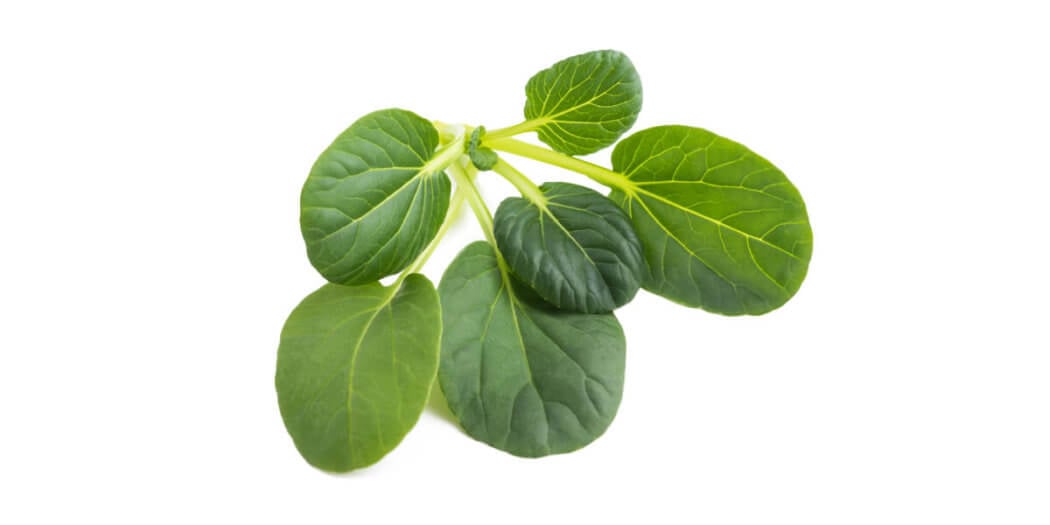
What is tatsoi?
As part of the Brassica family, tatsoi is a mustard green vegetable. It’s a type of Chinese cabbage and goes by a few other names, including:
- Tatsoi
- Tat soy
- Spinach mustard
- Spoon mustard
- Rosette bok choy
- Broad-beak mustard
It has gained widespread popularity in Asian culture, and it’s been picking up steam here in the U.S. as well, probably because of how many health benefits it provides.
Sometimes, tatsoi is available in a range of varieties and sizes. Some tatsoi heads are more vertical, and others are exceptionally flat and broad. Occasionally, there might be some variation in size, too.
The whole part of the plant that grows above ground can be eaten, including the leaves and stalks. Some people also eat the small flowers, but they’re usually not seen on commercially produced tatsoi plants.
Where did tatsoi originate from?
The name tatsoi came from the Chinese language, which makes sense since the plant is found in great abundance in China.
What is the nutritional value of tatsoi?
Tatsoi has got some amazing nutritional benefits, including being rich in vitamin C and vitamin A. Other nutrients tatsoi contains are:
- Antioxidants
- Calcium
- Potassium
- Beta-carotene
- Iron
- Phosphorus
Want some tatsoi for some of these amazing benefits? Skip the search for “fresh produce near me” or “tatsoi near me” and get it delivered with Instacart using same-day delivery or same-day pickup.
How is tatsoi grown?
Tatsoi is ready to harvest in only 45 days. The plant likes cooler temperatures, so it can be planted in the early spring or fall, but it should still be grown in full sunlight.
Before you start, prep the planting site. Till down 6 to 12in to loosen any compacted soil. Add 2 to 4in of compost or manure before seeding, or add a balanced organic fertilizer. Sow the tatsoi seeds right into the garden about 2 to 3 weeks before the last expected frost in the spring.
Even though tatsoi likes cooler temperatures, weather that’s too cold can cause the plants to bolt. So if you’re growing in the spring, consider starting the seeds inside 6 weeks before the last frost and then transplanting the younger ones about 3 weeks before the last frost.
After transplanting them, thin them to at least 6in apart when they get to about 2 to 4in tall. Make sure to give them plenty of water—about 1in a week should do the trick. You can harvest tatsoi as early as 3 weeks from the time you plant the baby greens, or you can choose to wait the full 7 weeks.
When is tatsoi in season?
Tatsoi is in season in the spring and fall in the United States. You’ll usually find it between late March and early June, as well from mid-August until late September. If you can’t find it at your local grocery store or farmer’s market, try your local Asian grocery stores (like Chinese markets and stores).
How do you pick tatsoi at the grocery store?
When shopping for tatsoi at the grocery store, look for flat, compact, fresh-looking heads with vibrant greens. Avoid tatsoi with leaves that look damaged or yellowish. If your tatsoi at home looks like this, throw it away immediately.
Look for flesh that’s bright with no clear dents on the stalks. Avoid stems that look extremely floppy or wilted. A translucent appearance, leaves with yellow edges, or lots of small holes are all bad signs.
If you are looking to have your groceries delivered, you can easily shop for tatsoi spinach via Instacart. After adding a product to your cart, use the “Instructions” option to notify your Instacart shopper about any preferences or specific directions on how to choose the best products. Shop for tatsoi spinach.
How to store tatsoi
Store tatsoi loosely wrapped in a damp paper towel. Then, place it in a plastic bag and put it in the fridge. It’ll stay fresh for 3 or 4 days.
If you want to store it long-term, blanch it in boiling water for 2 minutes. Then, drain and rinse it with cold water. Pop it in the freezer, and you’ve got long-term storage for your tatsoi.
How to tell if tatsoi is bad
You’ll know tatsoi is bad if it’s got leaves that look damaged or yellowish. If your tatsoi at home looks like this, throw it away immediately.
You’ll also know it’s bad if the stems look floppy or wilted. A translucent appearance or leaves with yellow edges means it’s no good. And tatsoi with lots of small holes means insects might’ve gotten to it, so you might not want to purchase it.
What can I substitute for tatsoi?
All out of tatsoi? You can substitute it with a leafy vegetable like bok choy or chard (which is similar in texture but can be somewhat waterier). You can also substitute it with cooked spinach or Chinese napa cabbage (thanks to the stalks, especially if you chop it up and use it in dumplings or soup).
Choosing the best tatsoi
Tatsoi’s got some pretty amazing health benefits, and it’s becoming more popular in the U.S. Knowing all that you know now, you’re probably playing with the possibility of using it in a new recipe. If that’s the case, get fresh produce delivery with Instacart, and you’ll have tatsoi in your kitchen quickly and easily. Just order with Instacart and choose same-day delivery.
Most Recent in Grocery Guides

Grocery Guides
19 Best Milk Substitutes for Baking and Cooking
Milk’s rich texture and neutral flavor make it a staple in countless recipes, bringing creaminess and balance to sweet and savory dishes alike. But what happens if you run out of milk or need a…
Jan 30, 2025
Grocery Guides
15 Best Cheeses for Your Next Charcuterie Board
Let’s face it: The heyday of the store-bought party platter is long gone. Now, the duties of a good host often include curating an impressive charcuterie board. But where do you begin? Charcuterie boards typically…
Jan 21, 2025
Grocery Guides
Guide to Movie Night Snack Delivery
Planning the perfect movie night means getting cozy, choosing a favorite film and gathering all the right treats. With movie night snack delivery, you can skip the hassle of a grocery run and have delicious…
Dec 19, 2024
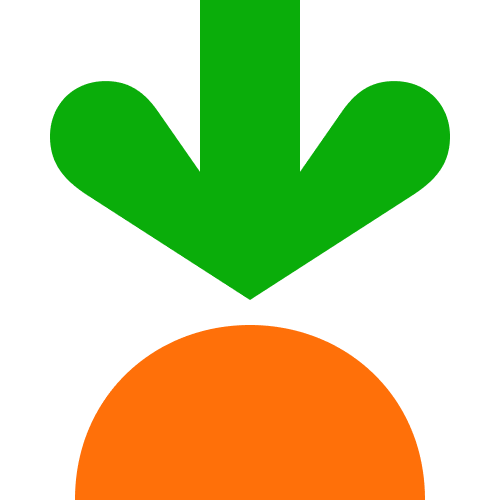
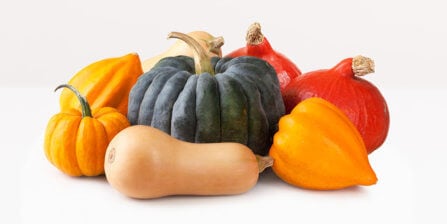 Squash – All You Need to Know | Instacart Guide to Fresh Produce
Squash – All You Need to Know | Instacart Guide to Fresh Produce 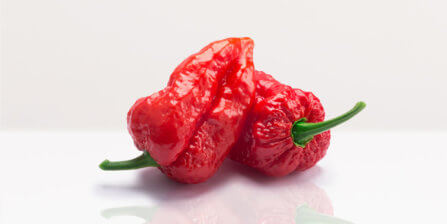 Ghost Pepper – All You Need to Know | Instacart Guide to Fresh Produce
Ghost Pepper – All You Need to Know | Instacart Guide to Fresh Produce 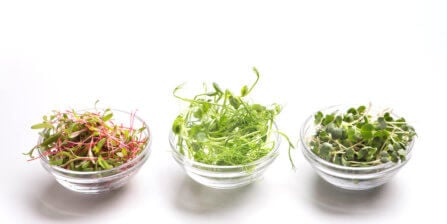 Sprouts – All You Need to Know | Instacart Guide to Fresh Produce
Sprouts – All You Need to Know | Instacart Guide to Fresh Produce 

